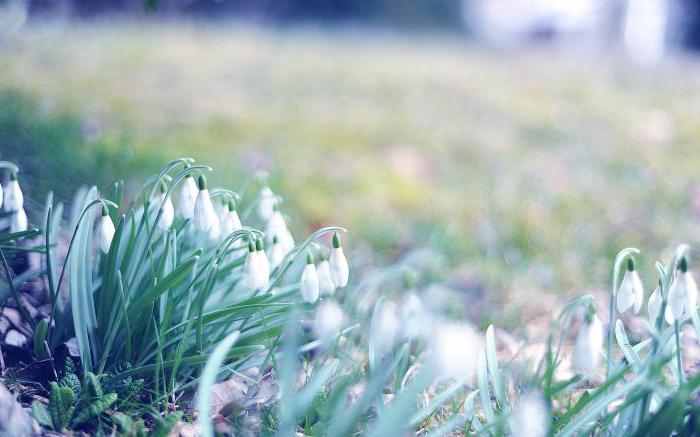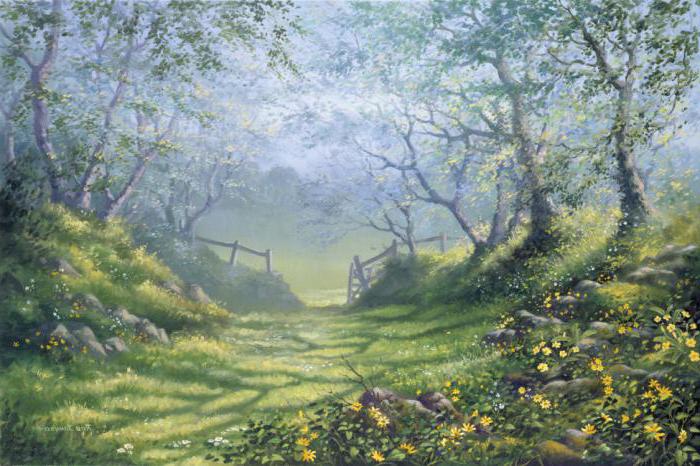The works of Russian classics can be considered the property of the whole country. To this day, they delight readers with their creativity, make them think, teach something and just make the world a better place. From an early age, parents should teach their child to love literature. It improves the imagination, increases the vocabulary and prepares it for the life ahead. Through books we can get into another world and learn its features.
Tyutchev's poems are worthy of special respect. In his writings, he philosophizes and talks about his deep thoughts, which reflect the essence of human connections and everything around.
Brief biography of the author
Fedor Tyutchev, whose poems have a special meaning in the minds of everyone, was born on the fifth day of the last month in 1803. His life was not bad or dysfunctional, as happens with many prominent people. No, he lived well in Moscow, studied. He began to engage in creativity in adolescence. Then his works were published extremely rarely and were not the object of discussion of critics. He achieved success when a collection of his works came to Alexander Sergeevich Pushkin. He admired the young man's poems and they were published in his journal. But only a few years later, when Tyutchev returned to his native place, he was able to achieve recognition.
One of the best
An analysis of Tyutchev's poem "The earth still looks sad" became possible only after the death of the author. It was then that it was published and made available to readers. There is no exact date of writing, but only in 1876 the world could see it. This is three years after the death of the poet. In his work, he describes the state of nature through feelings and experiences. For him, they are one and intertwined into one whole. Feelings and landscapes are very symbolic. They reflect the true content of the human soul, what is hidden in the farthest corners of the inner world. And nature is just the same. She is alive, this is clear to anyone, but how is it expressed and how exactly is it compared with a person? The idea of \u200b\u200bthe poem “The earth still looks sad” is to give a clear, detailed answer to this question.
The meaning of the poem
This author in his work likes to use two-valued sentences, which everyone is able to accept in different ways. Understanding depends on the inner development, lifestyle of a particular individual. Many may never feel the whole essence of the work, throw it away, deciding that this is a usual description of the onset of spring. But in reality, it's not like that at all.
An analysis of Tyutchev's poem "The Earth Still Looks Sad" helps to understand the very connection between living objects that are completely different, but capable of experiencing the same feelings. The work expresses the opposition, struggle, description and emotions inherent in each of us, but shown in the understanding of nature.
Idea Disclosure
Sometimes people begin to forget about the unity of living beings in this world. Moreover, since the early development of mankind, nature has been the breadwinner and savior for us. By understanding it, we can understand many human problems.
An analysis of Tyutchev's poem "Even the earth is a sad sight" helps to see the struggle between spring and winter. These are two close places, but such different seasons, stories about which can be very contradictory. The poet speaks of "thinning sleep" about the white patroness of three months. She must leave and hand over dominance to a warmer and more flourishing time, which is still barely felt. Nature and man rejoice in spring. They seem to be born again, birds fly in, flowers grow. It's like the beginning of a new life, a step up to summer, which is surrounded by special love. There comes a period of dreams, romance. The soul awakens from its winter sleep and prepares for new emotional leaps that will suddenly appear at the behest of nature. These are endless rains, and a bright sun that burns the body. Such different phenomena can affect the state and mood.
means of expression
The poem “The earth still looks sad”, the means of expressiveness of which are clearly reflected in many words, has what it means to compare the human soul with nature. Metaphors are used: “the air breathes”, “nature did not wake up”, “nature heard”, “the soul was sleeping”, “blood plays”. It shows that connection. Epithets give special beauty and mystery to the lines. There is a clear comparison of the human and natural souls.

Fedor Tyutchev writes poetry with all his heart, uses such techniques that, through ordinary words, are able to convey a deep thought to the reader. Its ambiguity and beauty attracts to delve into the work even more, read it more than once and discuss it with others. Who understood the transmitted lines, what did they feel? These questions will be asked again and again, but the true meaning will probably be difficult to understand. An analysis of Tyutchev's poem "Even the earth is a sad sight" makes you think and understand the beauty of nature in a new way.









